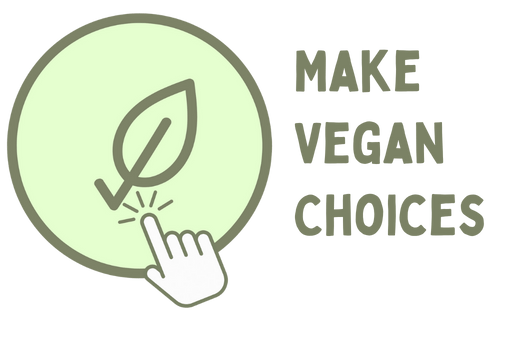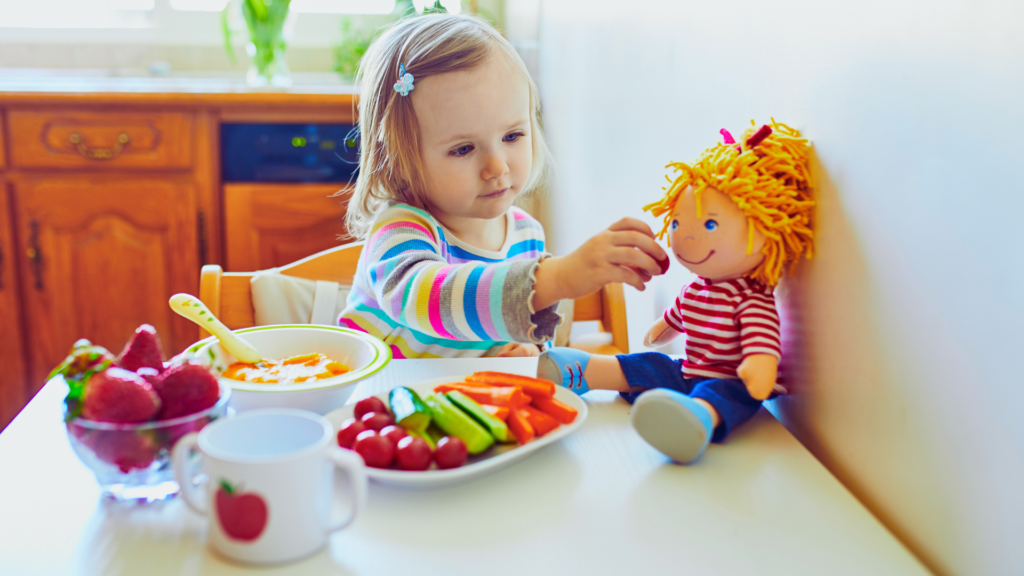The Vegan Parenting Journey
Raising vegan children means dealing with judgmental relatives, sneaky animal products, and the constant fear you’re somehow ruining your child’s nutrition. You’ll get unsolicited advice from people who think chicken nuggets are a food group.
The number of vegan families has shot up 300% in the last decade, so you’re not alone in this adventure. But don’t think that makes it easy. You’ll still end up reading ingredient lists like a detective and explaining to your toddler why they can’t have the birthday cake that “only has a little milk in it.”
This guide won’t sugarcoat the challenges. Instead, you’ll learn how to actually nourish your kids without losing your mind or your social life.
The Ethical and Nutritional Balance

Raising vegan children starts with good intentions and quickly turns into 2 AM Google searches about whether your kid is getting enough iron. You’ll watch your child’s face light up at farm animals while secretly panicking they’re surviving on air and determination.
That nagging voice never shuts up. “Are they getting enough protein? What about B12? Did I accidentally create a tiny human made of 90% stubbornness and 10% chickpea?” You’ll celebrate when they choose the plant-based nugget, then immediately wonder if you should sneak kale into everything.
The social stuff hits different. While you’re explaining why cheese isn’t vegan, your kid stares at their friend’s pizza like it holds the secrets to happiness. You’ll question every choice while trying to hide vegetables in brownies like some kind of nutritional ninja.
Don’t worry – every vegan parent has stood in the grocery store wondering if they’re doing this right. Spoiler alert: the fact that you’re worried about it means you probably are.
Health Benefits and Risks: What Science Says

Health Benefits and Risks: What Science Says – The Science Behind Vegan Diets for Kids
Research shows raising vegan children comes with real health perks, not just feel-good vibes. A 2022 study found vegan kids had lower obesity rates and ate more fiber and antioxidants than their chicken nugget-loving peers. Don’t get too excited though – you’ll still be bribing them to eat vegetables.
Health Benefits: Vegan kids dodge the hormones and chemicals lurking in conventional meat. They get immune-boosting compounds from plants, develop more diverse gut bacteria, and avoid early puberty triggers found in animal products.
Their hearts start healthier too – lower bad cholesterol and better blood pressure from day one. Plus they’re loading up on antioxidants that actually protect their cells instead of just making Instagram posts look pretty.
Common Nutritional Concerns: B12 and D3 are non-negotiable, but good luck getting your kid excited about nutritional yeast. You can call it “mystery flakes” all you want – they’re not buying it.
Omega-3s come from flaxseeds and chia seeds, which will probably end up as craft projects instead of nutrition. Iron and zinc hide in lentils and beans, so prepare for dinner negotiations tougher than peace treaties when raising vegan children who think beans are the enemy.
Overcoming Picky Eating in a Vegan Household

Half of all parents deal with picky eaters, but raising vegan children adds extra fun to mealtime battles. Your kid will reject perfectly good food while mysteriously never being hungry until it’s time for crackers at 9 PM.
Fun Fact: Kids need to try new foods 10-15 times before accepting them. So when they dramatically gag at broccoli today, don’t panic – you’ve only got 14 more attempts to go.
Ever wonder how your child’s plate empties but they’re still “starving”? Check under the table, in the dog’s bowl, or inspect that innocent-looking potted plant. Kids have mastered the art of food relocation without actually eating.
They’ll claim they’re “too full” for dinner, then stage a pantry raid before bedtime. It’s like they earned advanced degrees in veggie avoidance and dessert negotiation. Don’t take it personally – even non-vegan kids think vegetables are punishment food sent from another planet.
Healthy Vegan Foods to Introduce to Your Child’s Diet
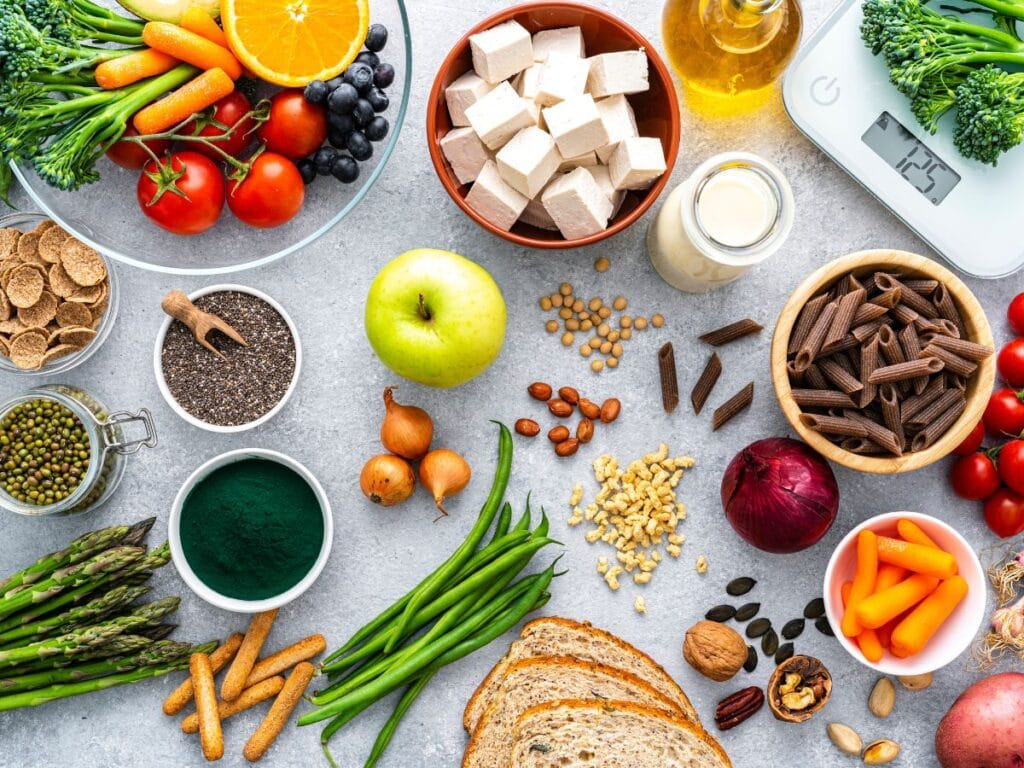
Introducing a wide range of plant-based foods is crucial for ensuring your child receives all necessary nutrients. Here are some nutrient-rich options:
Best Tier – Nutrient Powerhouses These foods deliver exceptional nutritional value and should be regular features in your child’s diet:

- Fortified soy milk (unsweetened) – provides crucial protein, calcium, and vitamin B12
- Quinoa – especially when cooked in vegetable broth for extra flavor and nutrients
- Lentil pasta – an excellent way to combine the familiarity of pasta with high protein content
- Nut butter toast on whole grain bread – particularly almond butter for calcium and iron
- Tempeh “fingers” – cut into strips and lightly seasoned, these make perfect finger foods
- Black bean and sweet potato mash – this combination enhances iron absorption
- Green smoothies with hidden spinach and ground flax seeds – make it fun with frozen banana for creaminess
- Tofu scramble with nutritional yeast – mimics familiar egg texture while providing B12
- Homemade chickpea nuggets – kids love the familiar shape, and they’re rich in iron and protein
Medium Tier – Good Choices These foods are nutritious but should be balanced with Best Tier options:
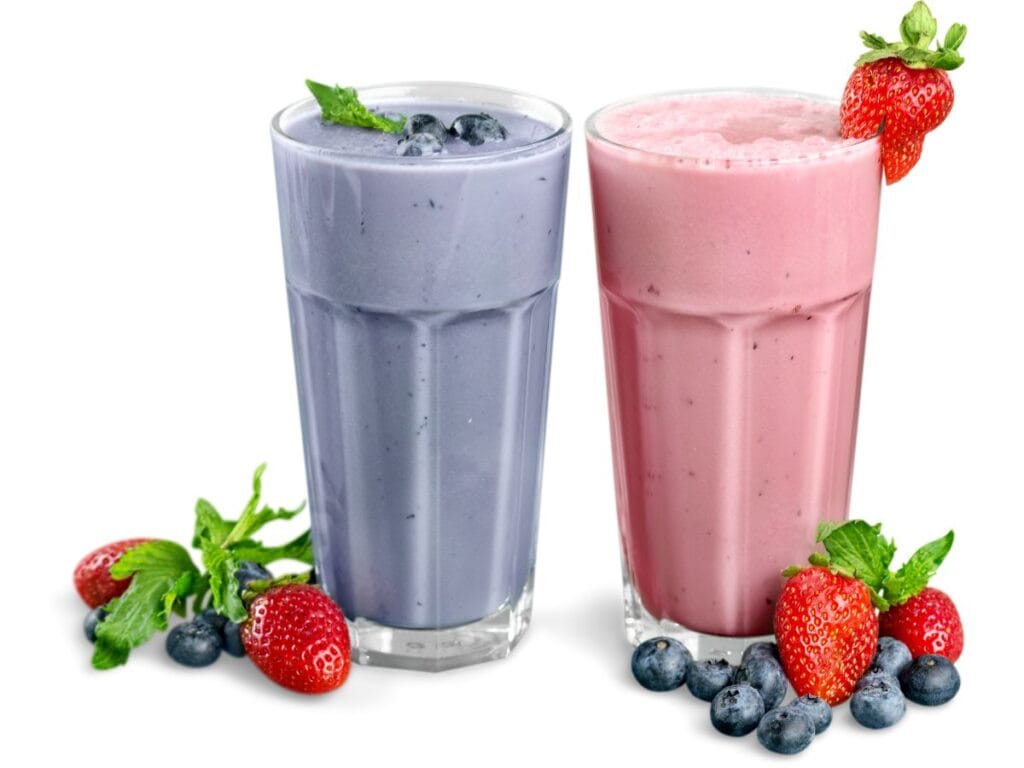
- Plain plant-based yogurt with fresh fruit – watch for added sugars
- Whole grain crackers with hummus – good for snacking but moderate in nutrients
- Oatmeal with berries – filling but needs protein additions
- Rice and beans – good basic meal but needs vegetable accompaniment
- Whole grain pasta with tomato sauce – add nutritional yeast for B12
- Baked sweet potato fries – better than regular fries but still a processed form
- Fruit smoothies – good but need protein additions
- Plant-based burgers – choose versions with whole food ingredients
Worst Tier – Limit These While these foods can be part of a balanced diet, they shouldn’t be dietary staples:

- Vegan cheese alternatives – often low in nutrients and high in processed oils
- White bread products – even if vegan, they offer minimal nutritional value
- Vegan “chicken” nuggets – typically highly processed with low nutrient density
- Fruit juices – even 100% juice lacks fiber and can be high in sugar
- Vegan cookies and candies – still treat foods, regardless of being vegan
- Plain white pasta – opt for legume-based or whole grain versions instead
Creative Strategies to Encourage Plant-Based Eating
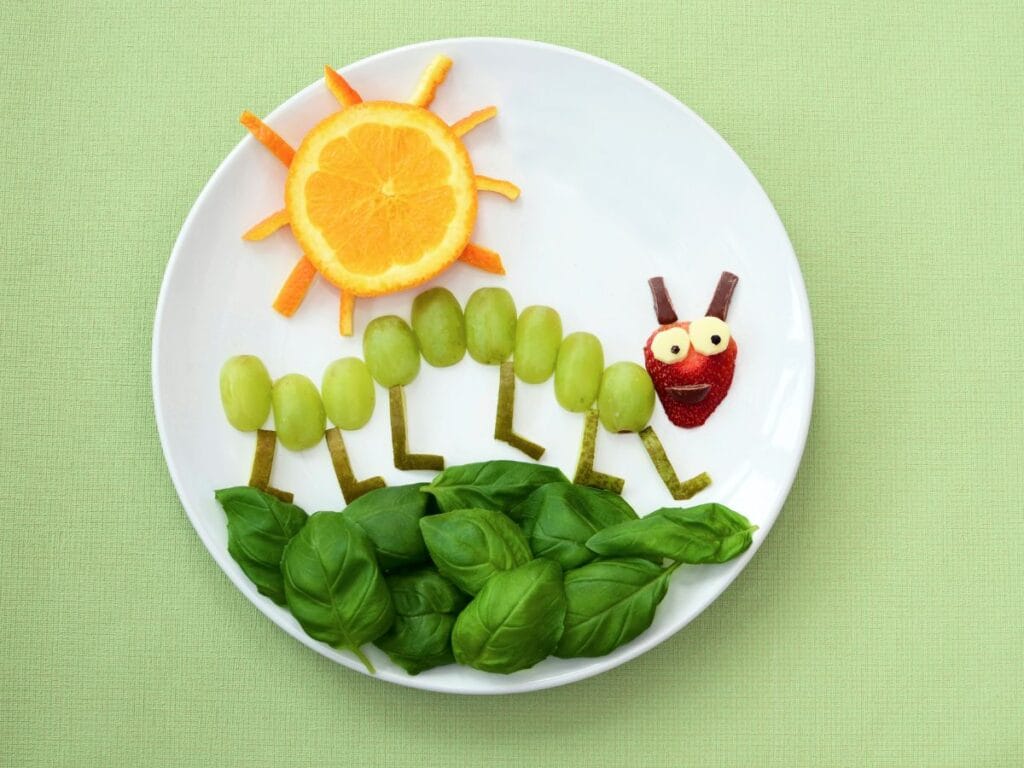
Switching to a vegan diet doesn’t have to be overwhelming. Here’s a step-by-step approach:
- Start Gradually: Introduce plant-based meals a few times a week while keeping familiar foods as an option.
- Make It Fun: Use creative names like “dinosaur trees” for broccoli or “power bites” for energy balls.
- Involve Your Kids: Let them pick out fruits and veggies at the store or help prepare meals.
- Focus on Familiarity: Offer vegan versions of their favorite foods, like lentil pasta or chickpea nuggets.
- Celebrate Small Wins: Praise your child for trying new foods, even if they don’t love them right away.
- Create a “Taste Test Challenge”: Turn trying new foods into a game. Blindfold your child and let them guess what they’re eating—like sweet potato fries or roasted chickpeas. Offer a small reward for participation, like a sticker or extra playtime.
- Build a “Vegan Rainbow Chart”: Encourage your child to eat a variety of colorful plant-based foods by tracking their progress on a chart. Each time they try a new color, they get to add a sticker. Completing the rainbow earns them a special treat (non-food rewards work best!).
- Host a “Kid Chef Night”: Let your child take charge of dinner once a week. Provide simple, kid-friendly recipes (like DIY vegan pizzas or build-your-own tacos) and let them assemble their creations. They’ll be more excited to eat what they’ve made themselves.
- Use Storytelling to Sell the Food: Create fun backstories for meals. For example, tell your child that the lentil soup is “magic potion” that gives them superpowers or that the quinoa salad is what astronauts eat in space.
- Grow Your Own Food Together: Start a small herb or vegetable garden at home. Kids are more likely to eat what they’ve grown themselves, whether it’s cherry tomatoes, basil, or carrots. Plus, it’s a great way to teach them about sustainability.
Essential Nutrients: What Vegan Kids Need
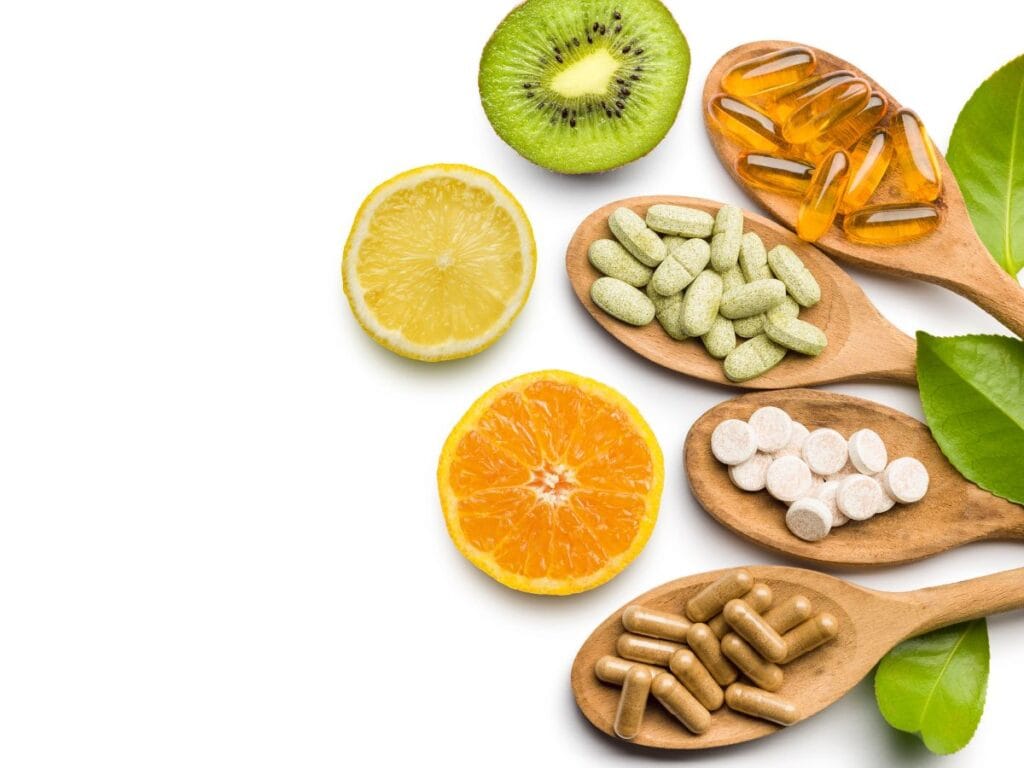
While plant-based diets are packed with fibre and antioxidants, there are some nutrients that require attention:
- Vitamin B12:
- Why It’s Important: Essential for nerve function, DNA synthesis, and red blood cell production.
- Vegan Sources: Fortified plant-based milks, nutritional yeast, B12 supplements (sprays or chewables are kid-friendly).
- EPA and DHA (Long-Chain Omega-3s):
- Why It’s Important: Supports brain development, cognitive function, and eye health.
- Vegan Sources: Algae oil supplements, flaxseeds, chia seeds, walnuts.
- Iodine:
- Why It’s Important: Crucial for thyroid function, which regulates metabolism and growth.
- Vegan Sources: Iodized salt, seaweed (like nori or kelp), iodine supplements.
- Vitamin D3:
- Why It’s Important: Promotes bone health, immune function, and calcium absorption.
- Vegan Sources: Sunlight (with proper exposure), fortified plant-based milks, D3 supplements derived from lichen.
Long-Term Healthy Eating: Finding What Works for Your Family

Raising vegan children isn’t a destination – it’s a marathon where the finish line keeps moving and your kid keeps asking for chicken nuggets. You’ll learn, adapt, mess up, and celebrate when they actually eat the vegetables without hiding them in their napkin.
Focus on nutrient-rich foods and creative strategies, but don’t beat yourself up when your carefully planned quinoa bowl gets rejected for crackers. Some days you’ll nail it, other days you’ll serve cereal for dinner and call it a win.
Start with one small change and build from there. Maybe today it’s adding spinach to their smoothie, tomorrow it’s convincing them that cashew cheese is “just different cheese.” Your kid will grow into a healthy, compassionate person – probably despite your efforts, not because of them.
The goal isn’t perfection when raising vegan children. It’s raising humans who won’t judge you too harshly when they write their tell-all memoir about growing up eating nutritional yeast.
